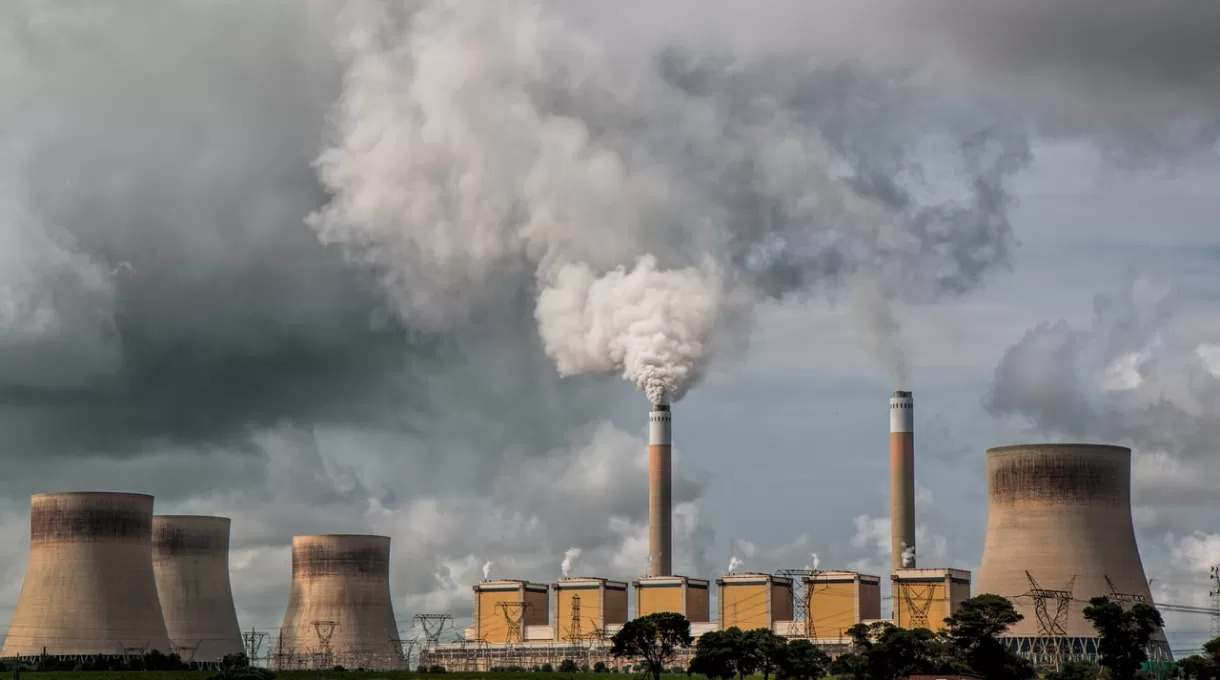South Africa risks the loss of a $9.3 billion (R170 billion) climate finance pact due to the delayed closure of several coal-fired power plants. This decision could have far-reaching implications for the nation’s energy security and its ambitious decarbonization goals.

The Just Energy Transition Partnership (JETP): A Lifeline for Climate Action
In 2021, South Africa secured a groundbreaking agreement known as the Just Energy Transition Partnership (JETP). This pact, involving loans, grants, and guarantees from some of the world’s wealthiest nations, aimed to help South Africa reduce its heavy reliance on coal for power generation. Key partners in this initiative included the UK, US, France, Germany, and the EU, with later additions from the Netherlands and Denmark. Their financial support hinged on South Africa’s commitment to phasing out older coal-fired plants.
Eskom’s Delay and Its Repercussions
Last year, South Africa experienced the worst power cuts on record, prompting Eskom, the country’s primary electricity supplier, to delay the decommissioning of three major power plants: Grootvlei, Hendrina, and Camden, until 2030. This delay has raised serious concerns among the JETP partners about South Africa’s dedication to its decarbonization commitments.
A recent presentation by a South African presidential unit to the World Bank-linked Climate Investment Funds, which is considering allocating $500 million to the country, emphasized these new plans. The potential for this funding to unlock an additional $2 billion in investment from other partners underscores the high stakes involved. However, the details of these discussions and their outcomes remain undisclosed.
Misalignment with Decarbonization Goals
The National Environmental Consultative and Advisory Forum’s report highlights a critical misalignment between South Africa’s energy security concerns and the JETP’s rapid decarbonization objectives. While the JETP partners have shown understanding of South Africa’s energy security challenges, they are unlikely to tolerate a significant reversal of the planned closures. The report warns that deviating from the emissions reduction targets submitted to the United Nations could jeopardize the entire climate finance deal.
Environmental and Health Concerns

South Africa generates about 80% of its electricity from coal, making it the most carbon-intensive economy in the G20. The 531-page report, parts of which were redacted, commissioned by Environment Minister Barbara Creecy, underscores the environmental and health impacts of delaying the plant closures. Eskom’s older plants emit the highest levels of greenhouse gases per unit of power produced among its 14 facilities.
Additionally, a separate report on sulphur-dioxide pollution from Eskom’s plants, which has not been publicly released, suggests that the health impacts of this pollutant have been significantly underestimated. The authors argue that morbidity impacts are likely much greater than previously calculated mortality impacts for sulphur dioxide in South Africa.
The Path Forward
Balancing energy security and rapid decarbonization is a delicate task. South Africa’s decision to delay the decommissioning of its coal-fired plants places this balance at risk, potentially losing crucial international support and finance needed to transition to cleaner energy sources. The JETP partners’ understanding of South Africa’s energy security needs does not negate the urgency of addressing the climate crisis.
Further Reading:
The Just Energy Transition Partnership
Eskom’s Power Plant Decommissioning Plans
Climate Investment Funds and South Africa

